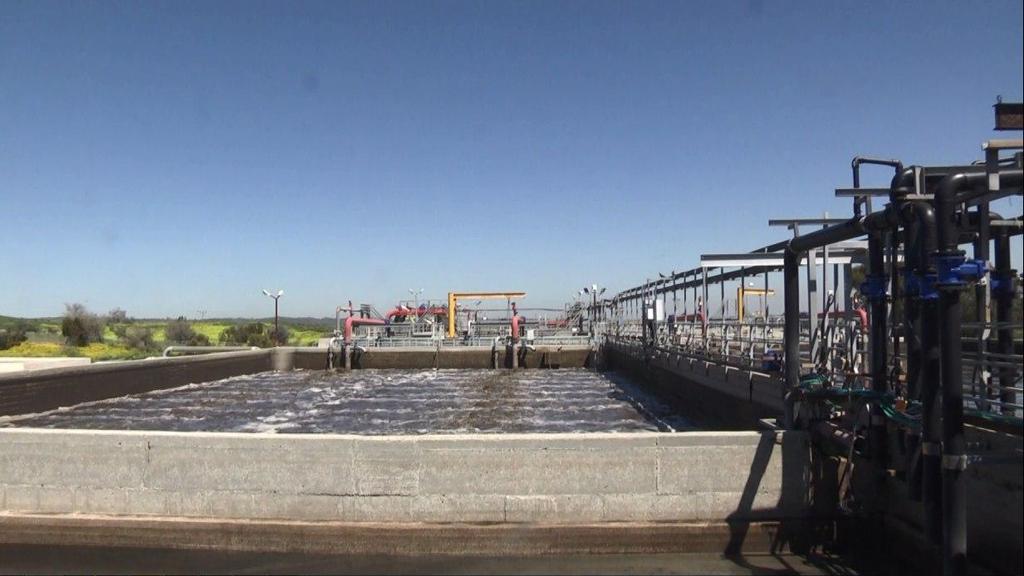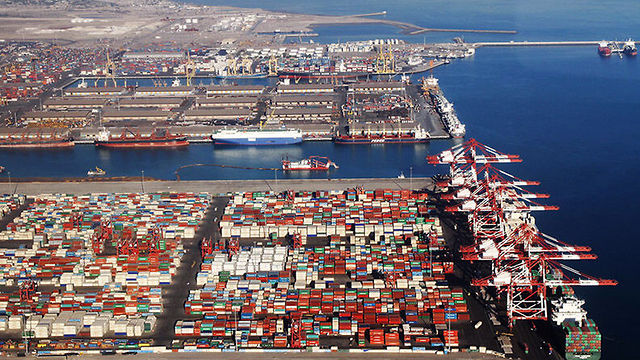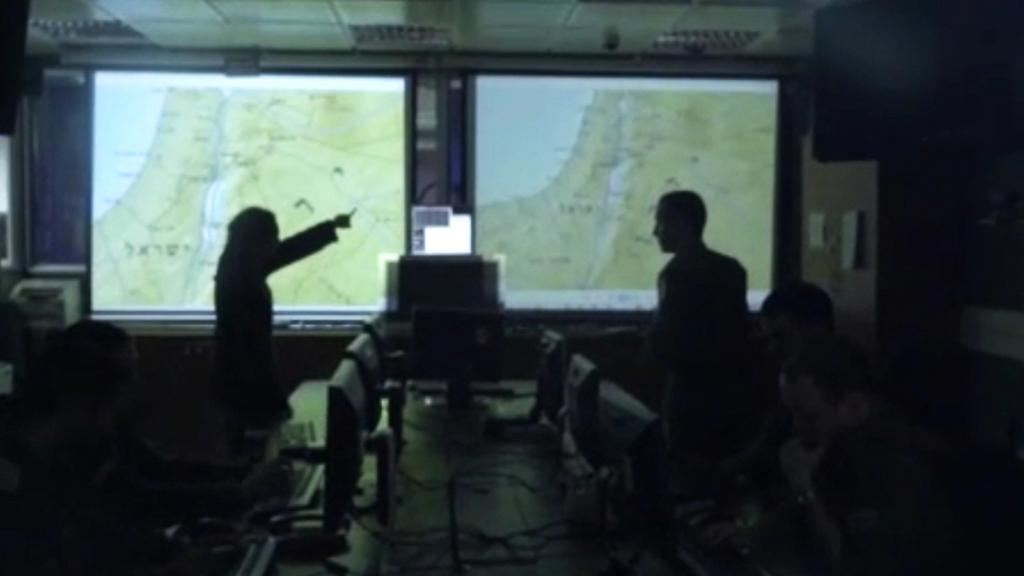Iranian hackers intended to poison Israel's water by increasing the amount of chlorine during a thwarted cyber attack in April, the Financial Times reported Monday, citing both Israeli and foreign sources.
Last week, Israel’s national cyber chief officially acknowledged the country had thwarted a major cyber attack against its water systems, an assault widely attributed to arch-enemy Iran, calling it a “synchronized and organized attack” aimed at disrupting key national infrastructure.
Yigal Unna did not mention Iran directly, nor did he comment on the alleged Israeli retaliation two weeks later said to have shut down a key Iranian port, but he said recent developments have ushered in a new era of covert warfare, ominously warning that “cyber winter is coming.”
The Financial Times on Monday quoted a Western official as saying that the hackers planned to increase the amount of chlorine added to water that was used in Israeli homes, with an Israeli official telling the paper that the foiled attack "had opened the door to 'an unpredictable risk scenario'."
The report says the attack "could have triggered fail-safes that would have left tens of thousand of civilians and farms parched in the middle of an Israel heatwave, as the pumping station shut down when the excess chemical was detected."
4 View gallery


A water treatment plant in Sderot, one of the sites targeted by Iranian hackers
(Photo: Roee Idan)
According to the Western official, in the "worst-case scenario," the attack could have put hundreds of people in Israel at risk.
“It was more sophisticated than they [Israel] initially thought,” the official told the Financial Times. “It was close to successful, and it’s not fully clear why it didn’t succeed.”
Alireza Miryousefi, Iran's spokesman at its UN mission, accused Israel of fabricating the attack in order to secure increased financial support from the U.S., saying that Iranian cyber activity was "purely defensive and protective."
The Financial Times also quoted an Iranian insider as saying: “Iran cannot politically afford to try to poison Israeli civilians. And even if Iran did so, where is the Israelis’ appropriate response?”
But Israel apparently did respond, with a May 9 cyber strike on Iran's state-of-the-art Shahid Rajaee port, which handles almost half of the country's foreign trade.
Citing unnamed U.S. and foreign government officials, the Washington Post said last month that the disruption of Iranian computers was presumably in retaliation for the earlier attempted cyber attack on Israeli water distribution systems.
Iran sought to downplay the impact of the attack, the Financial Times said Monday, with a source linked to Tehran arguing that "Iranian ports are usually chaotic and disruptions happen."
The managing director of Iran's Ports and Maritime Organization, Mohammad Rastad, previously told Iran's ILNA news agency that the attack did not penetrate the organization's computers and was only able to infiltrate and damage a number of private operating systems.
But according to the Washington Post, a foreign government security official called the attack "highly accurate" and said the damage to the Iranian port was more serious than described in official Iranian accounts.
The Financial Times attributes the Israeli decision to target the port to then-defense minister Naftali Bennett, the hardline former aide to Benjamin Netanyahu who went on to found his Yamina (rightwards) party.
The paper quotes that an unnamed Israeli official as saying of the cyber attack: "It was small, very small — like a knock on the door... Think of it [as] a gentle reminder. 'We know where you live.'"
The Israeli-U.S. cyber war against Iran has been going on for almost 20 years but has gained momentum in the last 15 years. And Israel, the Financial Times said Monday, is bracing for more.




